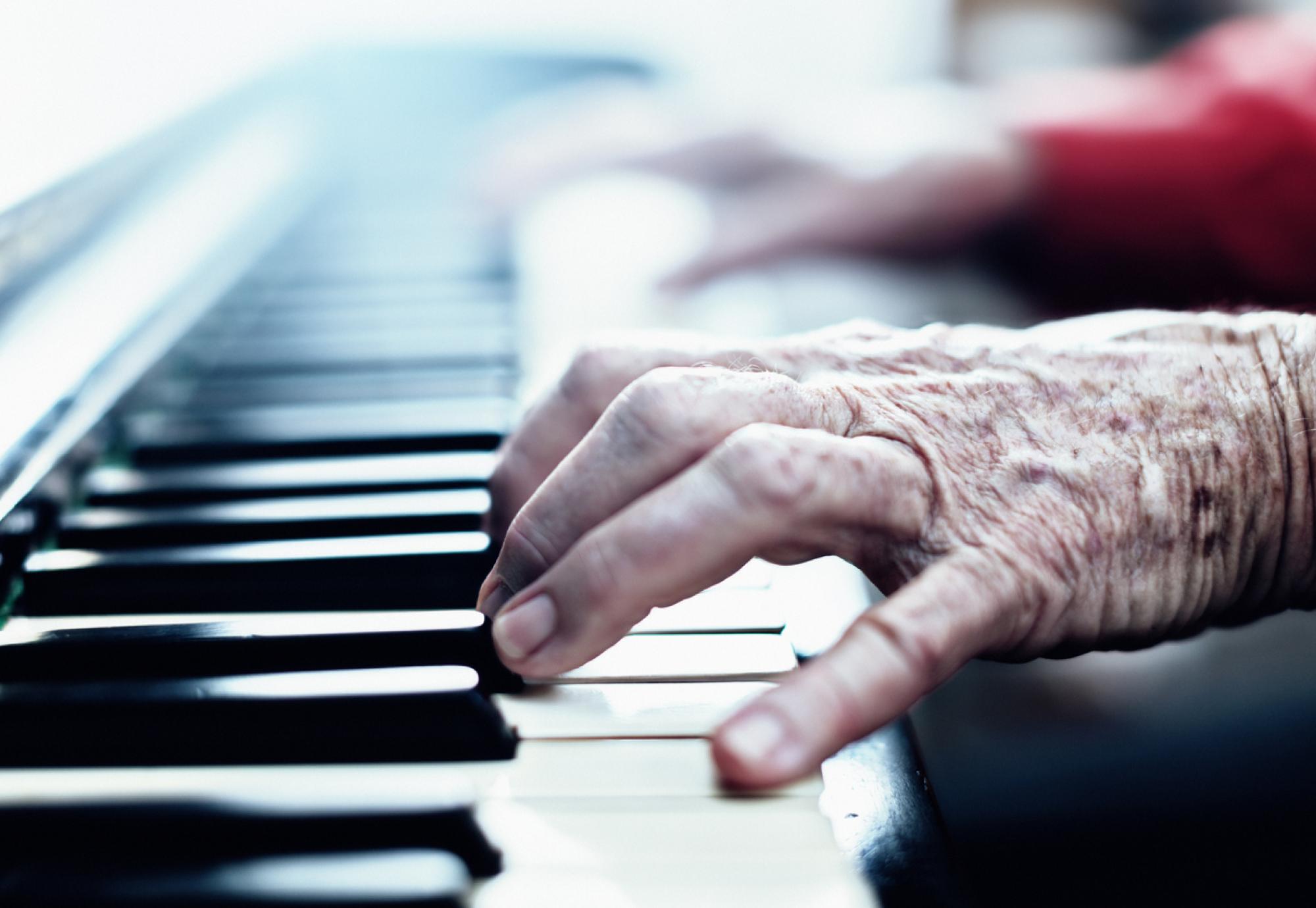A new study is exploring how music therapy can reduce distress and violence on NHS inpatients wards for those with dementia.
The work will build on previous study findings which indicated that people’s distress was reduced when provided with group music therapy.
Distress incidents (shouting, grabbing, pushing, hitting, kicking, spitting etc.) occurred on 31% of the days when there was no music therapy – this was reduced to 7% when patients received the therapy.
Staff reported that the treatment improved the atmosphere, with the change typically lasting all day. The treatment could include a music therapist playing the piano, the guitar or a percussion instrument to help people sing along to familiar songs.
The new study, known as MELODIC, is being led by Anglia Ruskin University (ARU) in conjunction with Cambridgeshire and Peterborough NHS Foundation Trust.
The research team will also have assistance from Dementia UK and Humber Teaching NHS Foundation Trust, with funding coming from the National Institute for Health and Care Research.
MELODIC will work to create a programme of music therapy to be piloted on two mental health wards at NHS Cambridge and Peterborough.
"These results provide us with a platform to explore ways to use music therapy to better meet patient need on inpatient mental health dementia wards,” added Dr Hsu.
“This new funding from the National Institute for Health and Care Research will allow us to develop and trial a music therapy manual which will provide additional music therapy time as well as support staff and family members to incorporate music interventions in everyday care, with the aim of reducing distress for patients and assaults on staff."
Image credit: iStock



















